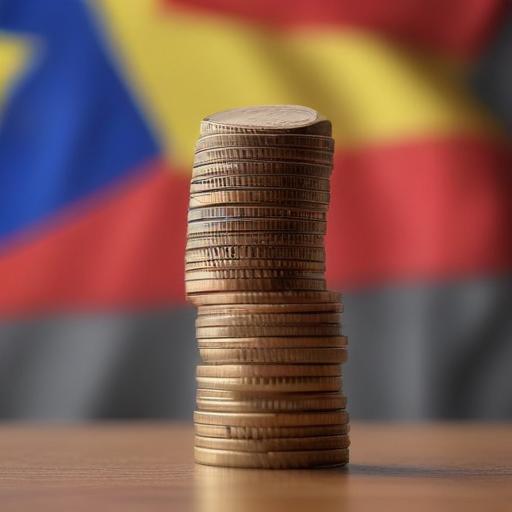Ecuador is grappling with a severe security crisis that is altering its economic landscape and driving away foreign direct investment (FDI). Once considered a stable haven in the region, the nation has seen a staggering rise in violence, with a projected homicide rate of 44.5 per 100,000 people by 2025. The interplay of political turmoil, institutional weaknesses, and a militarized stance against organized crime has severely undermined Ecuador’s attractiveness to investors.
The root of this crisis can be traced back to the erosion of state authority, particularly in coastal provinces, following the 2016 demobilization of Colombia’s FARC. This created a power vacuum that various gangs, including Los Lobos and the Sinaloa cartel, have exploited. The situation worsened in 2024 with violent incidents, including hostage situations broadcast live and large-scale prison breaks. The government, led by President Daniel Noboa, declared a state of “internal armed conflict” in an effort to restore order. However, this militarized approach prioritizing security has alienated prospective investors, who seek stability in order to commit capital.
The human toll of this crisis is alarming. Child homicide rates have skyrocketed by 640% since 2019, and over 80,000 people in Ecuador were internally displaced in 2024. This exodus has made Ecuadorians the second-largest migrant group crossing the dangerous Darien Gap into the U.S. Meanwhile, the government is struggling to manage the influx of refugees, further taxing the country’s already strained resources.
Political instability has compounded the crisis, highlighted by Noboa’s contentious election in 2024, marked by allegations of electoral fraud and manipulation. While he secured re-election in 2025, he does not hold a constitutional majority, further complicating the implementation of necessary reforms. The reliance on emergency decrees, like the controversial militarization of conservation zones, has been met with public discontent and criticism from human rights advocates. This lack of political stability is reflected in Ecuador’s political stability score of -0.34, which falls behind the global average.
The adverse consequences of this crisis are stark in the economic realm, particularly regarding FDI, which dropped from $879.3 million in 2022 to $372.3 million in 2023. The average share of FDI relative to GDP has consistently remained low compared to regional counterparts.
Despite the challenges, opportunities may arise for those willing to invest in vulnerable sectors. Areas such as renewable energy and digital infrastructure show promise, especially given Ecuador’s hydropower dependency which could benefit from investments in solar and wind technologies. Furthermore, ongoing efforts to expand 5G and enhance e-commerce infrastructure could attract investors interested in a young and tech-savvy demographic.
Ecuador’s future hinges on its ability to navigate this delicate balance between restoring security and rebuilding trust in its governance. The path forward will depend on whether political leaders can address the underlying issues of governance while ensuring the safety and rights of their citizens. There remains a note of optimism, as opportunities exist for innovative investors prepared to engage creatively and ethically with the current landscape.
